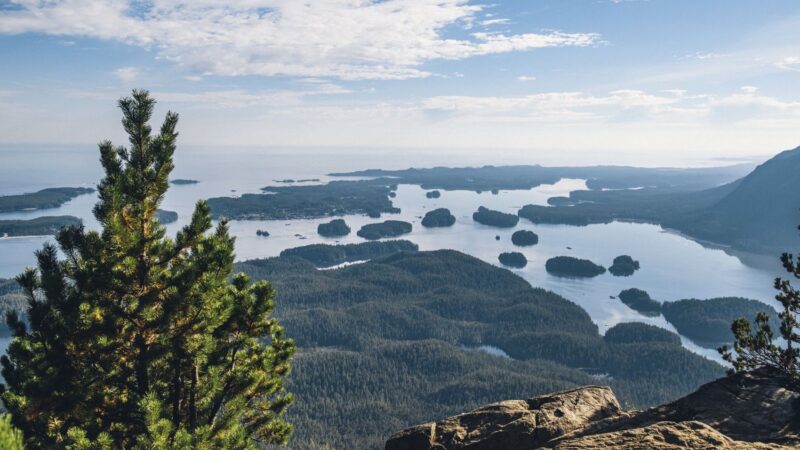Another day, another lie by anti-salmon farming activists
Fisheries and Oceans Canada denies claims by anti-aquaculture activists of increased farmed salmon production in British Columbia’s Clayoquot Sound
By Fabian Dawson
SeaWestNews
The Government of Canada is being forced to once again deny claims by anti-fish farm activists that it has approved an increase in Atlantic salmon production by Cermaq Canada in the Clayoquot Sound.
The claims made by the activist groups with a history of twisting the facts about salmon aquaculture on Canada’s west coast, are not only false but add confusion over the government’s plans to transition away from open-net aquaculture in BC.
In a press release, activists from the group, Clayoquot Action and the Watershed Watch Salmon Society, falsely claimed that the government has approved the expansion which “represents the equivalent of adding one and a quarter new fish farms” in the area.
These expansions are in direct conflict with a federal promise that committed DFO to “transition from open net-pen salmon farming in coastal British Columbia waters by 2025.” they said.
That is false said Canada’s Department of Fisheries and Oceans (DFO) adding that the “overall production limits in Northern Clayoquot Sound remain unchanged.”
“The Government of Canada is fully committed to developing a plan to transition away from open-net pen salmon aquaculture in British Colombia. Work on that plan is underway,” said DFO.
As is their normal practice, the activists have not responded to the denials of their false claims.
The activists’ central pillar is that any government science, international peer-reviewed studies and reporting of the facts that challenge their claims should not be believed as it is influenced by salmon farmers.
So, what really happened here.
Cermaq, which has been farming salmon in partnership with the Ahousaht First Nation for over two decades, requested amendments to three specific farming sites in the Clayoquot Sound at Bawden Bay, Millar Channel and Dixon Bay, as part of a renewed area-based management plan.
“These amendments are part of actually operating fewer farms…while these farms will hold more fish in them, the overall number of fish going into sea every year remains the same,” said David Kiemele, managing director of Cermaq Canada.
“The eco-system-based approach is meant to drive improvements in fish husbandry, sea lice management, biosecurity and overall performance,” Kiemele told SeaWestNews.
“We now have the opportunity to use certain sites in the area that perform better than others to further lower environmental risks…using fewer cages allows for better management action for sea lice as we can get around our operational cages in almost half the time it used to take us,” he said.
“At certain times of the year there will be a thirty percent reduction in the number of farms that will be operational and a thirty percent reduction of active farms in the area.”
DFO said the new conditions of license that accompany the amendments will also now require Cermaq to stock only a single year class of fish, contributing to a more coordinated approach in the area with the aim of disrupting cycles of pathogens and disease.
The amendments were applied for and approved in consultation with the Ahousaht, one of BC’s largest First Nations, which recently renewed a five-year agreement with Cermaq Canada, to provide the salmon farmer with a road map on how it will conduct its marine aquaculture operations in the indigenous community’s traditional territory.
Kiemele said if the activists and the media reporting on their claims did their homework and understood what it meant, “they would actually celebrate that we have these amendments approved.”
Cermaq Canada farms Atlantic salmon in 22 sea sites on the west and east coasts of Vancouver Island with four hatcheries across northern Vancouver Island.
According to the Coalition of First Nations for Finfish Stewardship from British Columbia the direct economic benefits to indigenous coastal communities in the province exceed $50 million annually through more than 276 full time jobs, benefit payments, and contracts with indigenous-owned companies.
In total, when indirect and induced economic activity is factored in, First Nation interests in BC’s farmed salmon sector on and off reserves are estimated to generate $83.3 million in economic activity, $47.8 million in GDP, and 707 jobs earning $36.6 million in wages per year.(Image courtesy of Cermaq Canada shows Clayoquot Sound, off the west coast of Vancouver Island)

